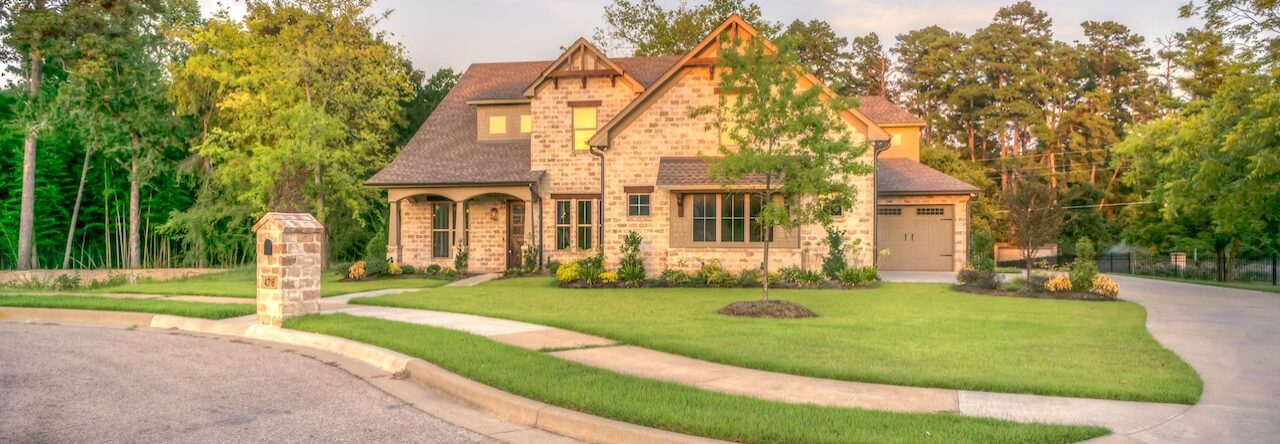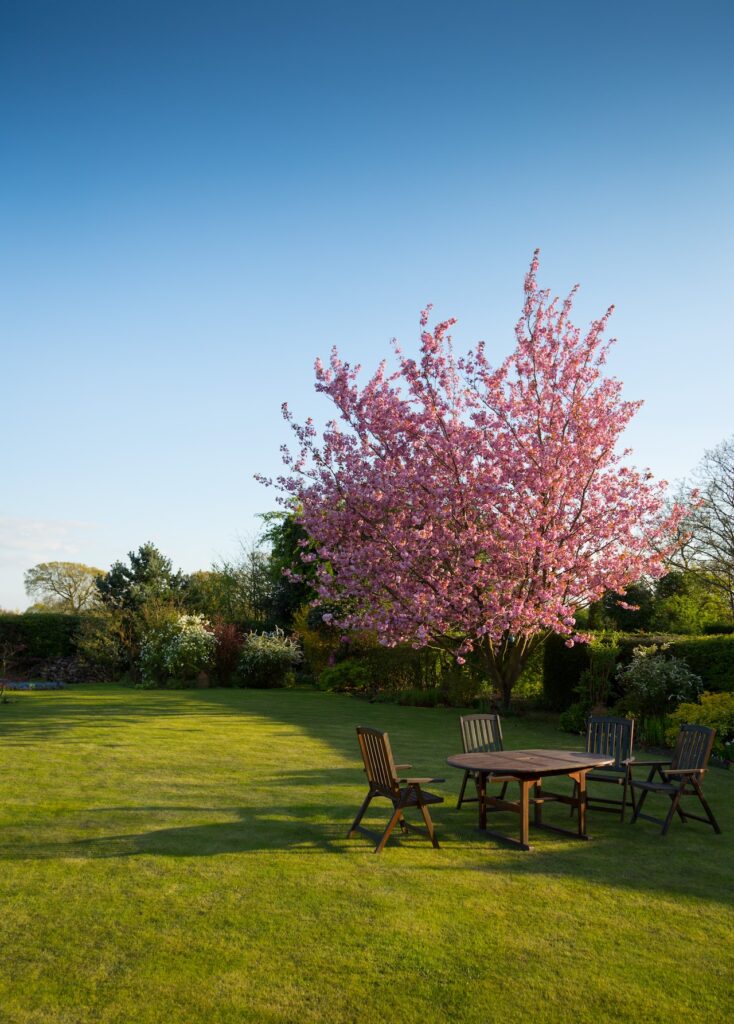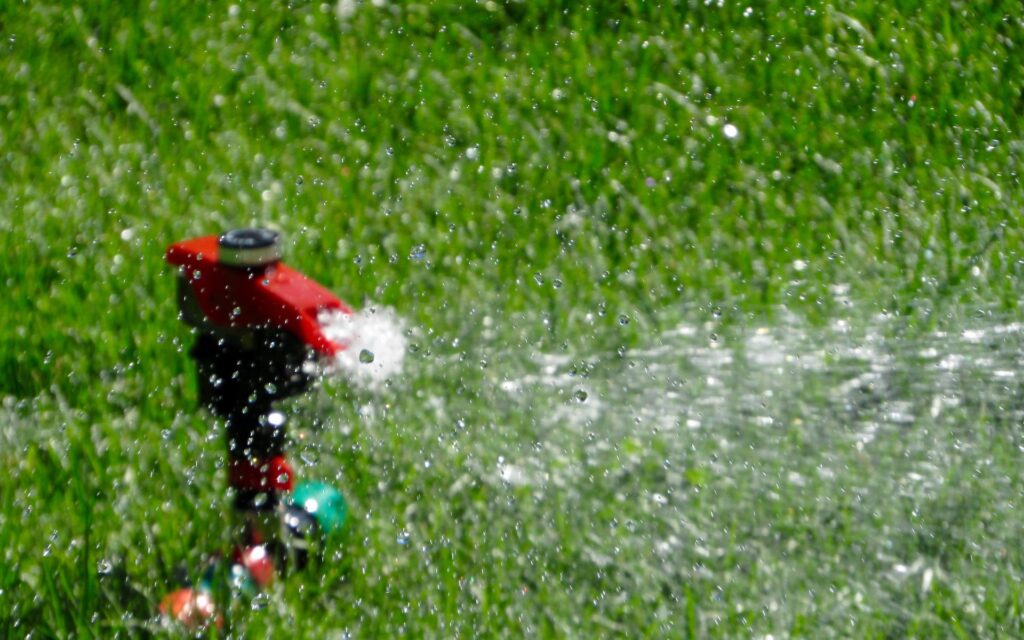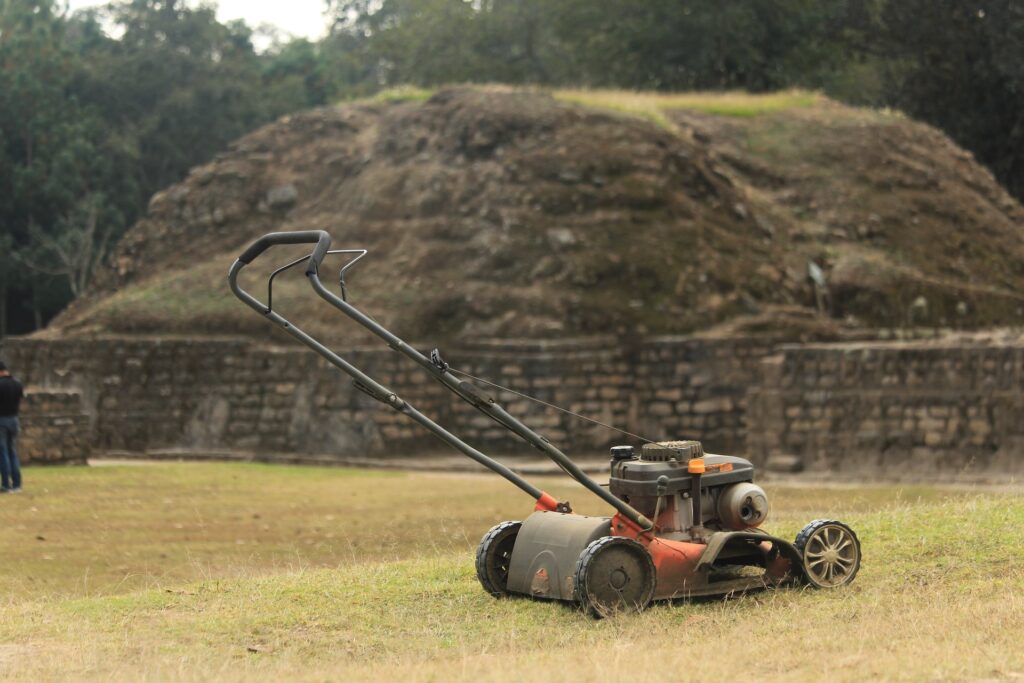A lush and green lawn is a source of pride for homeowners in Marietta, Georgia. Achieving such a lawn requires proper care, including regular fertilization. Fertilization provides essential nutrients that support healthy grass growth and vibrant color. However, knowing the right fertilization guidelines specific to Marietta’s climate and soil conditions is crucial for achieving optimal results. In this article, we will explore the fertilization guidelines that will help you maintain a lush and green lawn that enhances the beauty of your Marietta home.
Understanding Your Grass Type:
Before delving into fertilization, it’s essential to understand the grass type in your lawn. Warm-season grasses, such as Bermuda grass and Zoysia grass, thrive in Marietta’s climate due to their tolerance to heat and drought. Cool-season grasses, such as Kentucky bluegrass and tall fescue, can also be grown in the area but require more water and maintenance. Knowing your grass type will guide you in choosing the appropriate fertilization schedule and nutrient requirements.
Conducting a Soil Test:
A soil test is the first step in establishing a proper fertilization plan. Marietta’s soil composition can vary, and understanding its pH level and nutrient content will enable you to customize your fertilization program. You can obtain a soil testing kit from your local agricultural extension office or hire a professional service. Soil testing provides valuable information about the levels of nitrogen (N), phosphorus (P), potassium (K), and other essential nutrients present in the soil.
Spring Fertilization:
In Marietta, GA, a typical fertilization schedule for warm-season grasses begins with a spring application. Apply a balanced fertilizer with a nitrogen-phosphorus-potassium (N-P-K) ratio of 4:1:2 or 3:1:2. The higher nitrogen content promotes lush green growth, while phosphorus and potassium support root development and overall plant health. Spring fertilization should coincide with the grass’s active growth period, usually when soil temperatures consistently reach 55-60°F.
Summer Fertilization:
During the summer months, Marietta experiences hot temperatures and occasional drought conditions. To help your lawn withstand these stressors, apply a slow-release nitrogen fertilizer in late spring or early summer. Slow-release fertilizers provide a steady supply of nutrients over an extended period, reducing the risk of nutrient leaching and promoting steady growth. Avoid excessive nitrogen application during this time, as it can lead to excessive top growth and make the lawn more susceptible to disease and pests.
Fall Fertilization:
Fall is a critical time for lawn fertilization as grasses prepare for winter dormancy. Apply a balanced fertilizer with a slightly higher potassium content to encourage root growth and winter hardiness. A potassium-rich fertilizer with an N-P-K ratio of 4:1:2 or similar is suitable for this time of year. Fall fertilization should be done around September or early October, allowing enough time for the grass to absorb nutrients before winter arrives.
Winterizing Fertilizer:
As winter approaches, a winterizing fertilizer can provide essential nutrients to help your lawn survive the cold weather. Winterizing fertilizers are typically low in nitrogen but contain higher levels of potassium, which enhances the lawn’s resistance to cold and disease. Apply this fertilizer in late fall, around November, to ensure the grass is well-prepared for the winter months.
Avoiding Excessive Fertilization:
While fertilization is essential for a lush and green lawn, it’s crucial to avoid overfertilization. Applying too much fertilizer can lead to excessive growth, weak turf, and nutrient leaching into the groundwater. Additionally, excess nitrogen can cause the grass to be more susceptible to diseases and pests. Follow the recommended application rates based on your soil test results and the specific needs of your grass type.
Consider Slow-Release Fertilizers:
Slow-release fertilizers are an excellent choice for lawn fertilization in Marietta, GA. They provide a controlled release of nutrients over time, reducing the risk of nutrient wastage and leaching. Slow-release fertilizers also promote even and steady growth, avoiding sudden spurts of lush growth that can be prone to diseases and pests.
Fertilizing Established Lawns:
For established lawns, applying fertilizer two to four times per year is usually sufficient. The timing and frequency of fertilization will depend on the grass type, soil conditions, and climate in Marietta. Remember that different grass types have varying nutrient needs, so tailor your fertilization schedule accordingly.
Fertilizing New Lawns:
For newly established lawns or lawns that have been overseeded, a different fertilization approach is necessary. Apply a starter fertilizer with a higher phosphorus content during seeding or sodding to promote strong root development. After the grass has established, transition to a regular fertilization schedule based on the grass type and soil test results.
Watering After Fertilization:
After applying fertilizer, it’s essential to water the lawn thoroughly. This helps dissolve the nutrients and allows them to reach the roots effectively. Watering also prevents the fertilizer from burning the grass blades. However, avoid excessive watering, as it can lead to nutrient leaching and waste.
Fertilization is a key aspect of lawn care that directly impacts the health, color, and vibrancy of your lawn in Marietta, GA. Understanding your grass type, conducting a soil test, and adhering to a well-planned fertilization schedule are essential for achieving a lush and green lawn. By following these fertilization guidelines, you can ensure that your lawn receives the necessary nutrients for healthy growth, resilience against stressors, and a vibrant appearance throughout the year. With proper fertilization, your lawn will become the envy of the neighborhood, adding beauty and value to your Marietta home.



